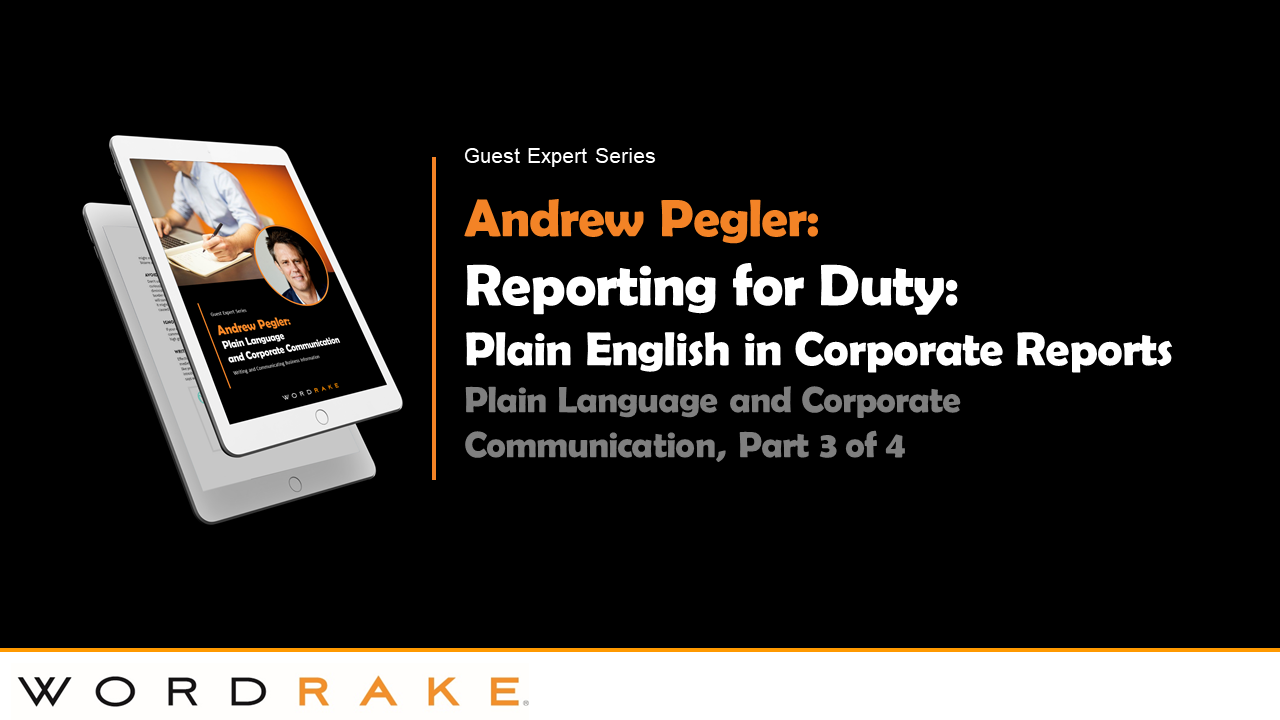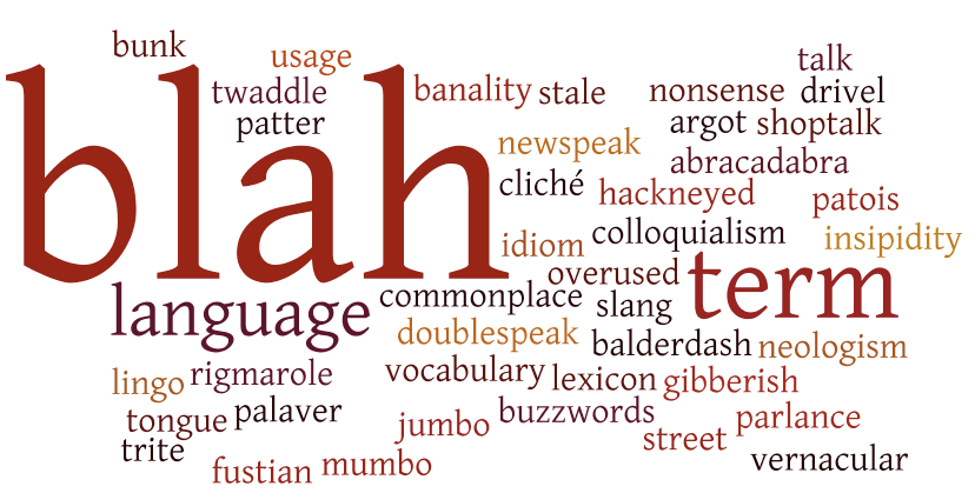K.I.S.S.
Spotting plain English in a corporate report can be like finding Waldo! It’s because people often fear they’ll look stupid by presenting complex ideas simply. But, making information accessible is smart. In fact, it’s the whole point of communication. If your reader will need a dictionary to get through the first paragraph, it’s time for a rethink. Plain English will be your ally.
Be a straight shooter. Follow the K.I.S.S. design principle: “Keep It Short and Simple” (or more bluntly, “Keep It Simple, Stupid!”). Albert Einstein was on to something when he said, “Everything should be as simple as possible but not one bit simpler.”









